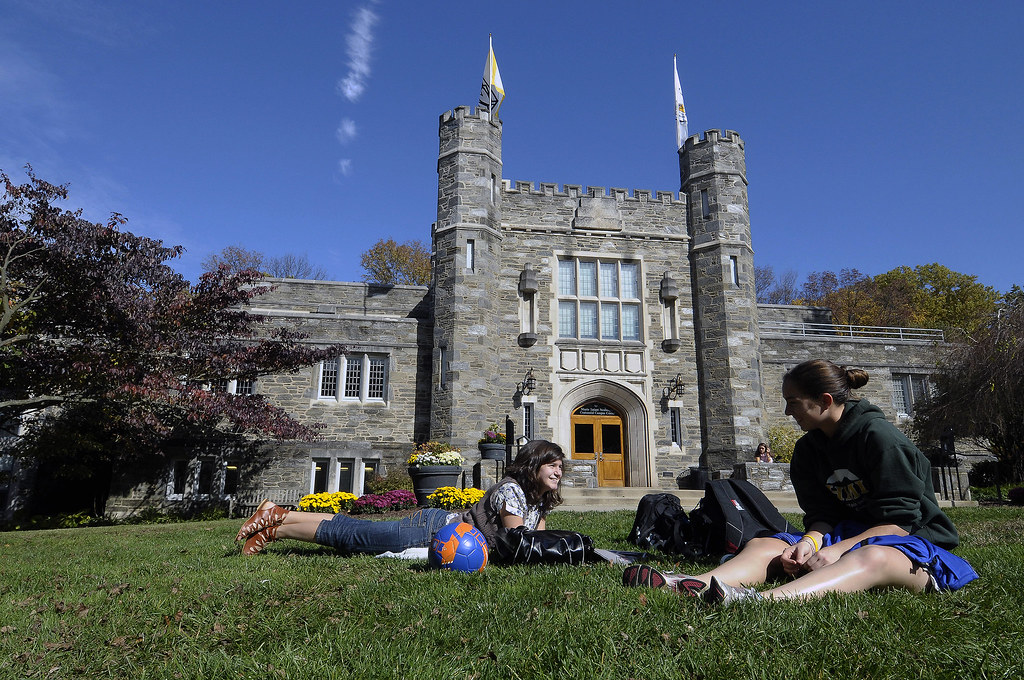On September 18, the Bryn Mawr Student Government Association (SGA) met for the first time this year to introduce the executive board and kick off discussion of campus clubs and governing institutions.
First up was the introduction of the executive board. President Ananya Hindocha ‘23 and VP Desi Bagot ‘24 were in attendance, as well as Secretary Bryn Osbourne ‘24 and Co-Treasurers Catherine Fu ‘23 and Lola Rodrigues ‘23. The Honor Board Chair Carlee Warfield ‘23 was there as well. The Social Justice and Equity Chair Fatmata Sesay ‘23 also attended virtually.
Upcoming SGA events for the semester were also announced, which included Plenary, Strike 101, and Night Market. Once attendance and announcements were taken care of, the roles and responsibilities of the RepCo were outlined by the e-board. By this time, the campus center was bustling with people, both members of the RepCo and those who wanted to attend. According to one meeting attendee, the meeting began to feel disorganized, both from the sheer amount of attendees and, in their opinion, the haphazard way the SGA regulations were explained.
Then it was time to get into the meeting in earnest. Discussed first was a vote for a partial voiding of election results from SGA elections held earlier that month. Issues with the election results were outlined, and with a unanimous vote, the SGA election results were voided, meaning two spots on the Honor Board are once again open.
What generated the most buzz, though, was the discussion of budgets for the clubs and affinity groups running on campus this year. Budget appeals were heard by the e-board and RepCo. The E-Board set the budget, and then RepCo voted to approve or reject all appeals.
According to meeting attendees, it was plain to see a discrepancy between which clubs got all of their desired funding and which didn’t. Clubs such as fencing had all of their budget approved by Representative Council (RepCo) at $18,000. They requested $18, 871, though SGA approved them for $16, 500. The gaps in funding for minority student affinity groups amounted to thousands of dollars, as these groups are required to go between the Pensby Center and SGA. This discrepancy was disheartening, said students, especially to those who previously saw Bryn Mawr as a social justice oriented space.
According to the Executive-Board (e-board), there are certain guidelines SGA has to follow when it comes to allocating its already limited funds for clubs. There are also organizations that require set amounts of funding, such as traditions and residential life. As much as every club needs funds, the fact remains that to allocate more funds to one club takes funds away from another.
These were some of the things that were discussed at the meeting that occurred the following week on September 25, where alongside community comment. That said, the e-board is taking steps to even out these discrepancies, as they are currently working with affinity groups to secure more funding from administration.
Despite a rocky start, the amount of engagement with SGA so far has been exciting to see. The e-board emphasized how hard they are trying to come back post-COVID. SGA seems to be moving ahead smoothly, with a solid roadmap in place for hosting events and creating spaces for Bryn Mawr students to voice concerns and get connected with administration.


1 comment
Well done Maddie! We’ll done!